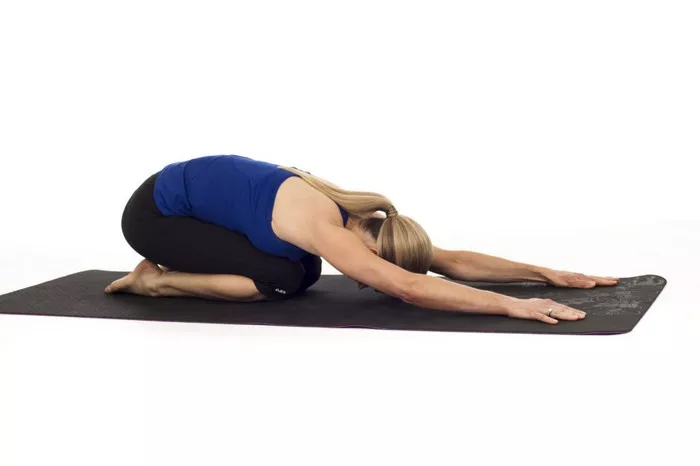In our fast-paced, modern world, where stress and distractions seem to be constant companions, the quest for inner peace has become more crucial than ever. Meditation, a time-honored practice dating back thousands of years, has emerged as a powerful tool to navigate the complexities of daily life. Yet, a common question echoes among those exploring the realms of mindfulness: How long should I meditate each day?
As we embark on this journey to uncover the ideal duration for daily meditation, it’s essential to understand the diverse perspectives, scientific insights, and personal experiences that contribute to this multifaceted discussion.
The Science of Meditation Duration
Neurological Impact:
Scientific studies have delved into the neurological effects of meditation, shedding light on the correlation between meditation duration and its benefits. Researchers suggest that even short sessions, around 10 to 15 minutes, can trigger changes in the brain, fostering increased connectivity and enhancing cognitive functions.
Dr. Sara Lazar, a neuroscientist at Harvard Medical School, has conducted pioneering research on the impact of meditation on brain structure. Her studies indicate that regular meditation, even in brief durations, can lead to structural changes in areas associated with self-awareness, compassion, and introspection.
Cortisol Regulation:
Cortisol, the stress hormone, often wreaks havoc on our mental and physical well-being. Studies propose that meditation can act as a potent regulator of cortisol levels. While some benefits can be derived from shorter sessions, a more prolonged practice, ranging from 20 to 30 minutes or beyond, may offer enhanced cortisol regulation and greater stress resilience.
The Art of Personalization
Individual Preferences:
Just as each person is unique, so too are their meditation needs. One size does not fit all when it comes to the optimal meditation duration. Factors such as personality, lifestyle, and personal goals play a pivotal role in determining the ideal length of meditation for an individual.
For some, a quick 5-minute meditation in the morning may set a positive tone for the day, while others may find solace in a more extended practice during the evening hours. Experimenting with different durations allows individuals to discover what aligns best with their preferences and schedules.
Gradual Progression:
Meditation, like any skill, benefits from gradual progression. Beginners may find it challenging to sustain focus for extended periods initially. Starting with shorter sessions and gradually extending the duration over time allows practitioners to build both mental resilience and a deeper connection with their inner selves.
Wisdom from Meditation Masters
Insights from Traditions:
Throughout history, meditation has been an integral part of various spiritual and philosophical traditions. Wisdom from meditation masters imparts valuable guidance on the significance of duration in the practice.
Zen Buddhism, for instance, often emphasizes the quality of presence over the quantity of time spent in meditation. Masters advise that even a few minutes of focused, mindful meditation can be transformative if approached with sincerity and commitment.
Crafting Your Meditation Routine
Integrating Meditation into Daily Life:
The key to reaping the benefits of meditation lies in its integration into daily life. Rather than fixating on a rigid duration, focus on establishing a consistent practice. Whether it’s a short morning session or a longer evening meditation, regularity fosters a sense of discipline and allows the benefits of meditation to permeate various aspects of life.
Mindful Moments:
In addition to dedicated meditation sessions, incorporating mindful moments throughout the day can contribute to overall well-being. Taking a few minutes to breathe deeply and center oneself amidst a busy schedule can be as impactful as a structured meditation session.
Striking the Balance
Quality vs. Quantity:
The age-old debate of quality versus quantity finds resonance in the realm of meditation. While duration matters, the quality of attention and presence during the practice is equally crucial. Striking a balance between duration and depth ensures a holistic and enriching meditation experience.
Listening to Your Body and Mind:
Ultimately, the ideal meditation duration is a subjective journey. Listening to your body and mind, attuning yourself to your inner rhythms, and adapting your practice accordingly are essential components of a sustainable and fulfilling meditation routine.
Conclusion
In the pursuit of inner tranquility through meditation, there is no one-size-fits-all answer to the question of how long one should meditate each day. The optimal duration varies from person to person, shaped by scientific insights, personal preferences, and the wisdom of meditation traditions.
As you embark on your meditation journey, remember that consistency, gradual progression, and mindful presence are the keys to unlocking the profound benefits of this ancient practice. Whether you find solace in a brief daily session or prefer to delve into more extended periods of meditation, the transformative power lies in the commitment to cultivating a deeper connection with yourself and the present moment.
















